Open Philanthropy spoke with Prof. Eric Jonas of the University of Chicago as part of its investigation of what we can learn from the brain about the computational power (“compute”) sufficient to match human-level task performance. The conversation focused on the state of relevant neuroscientific knowledge.
